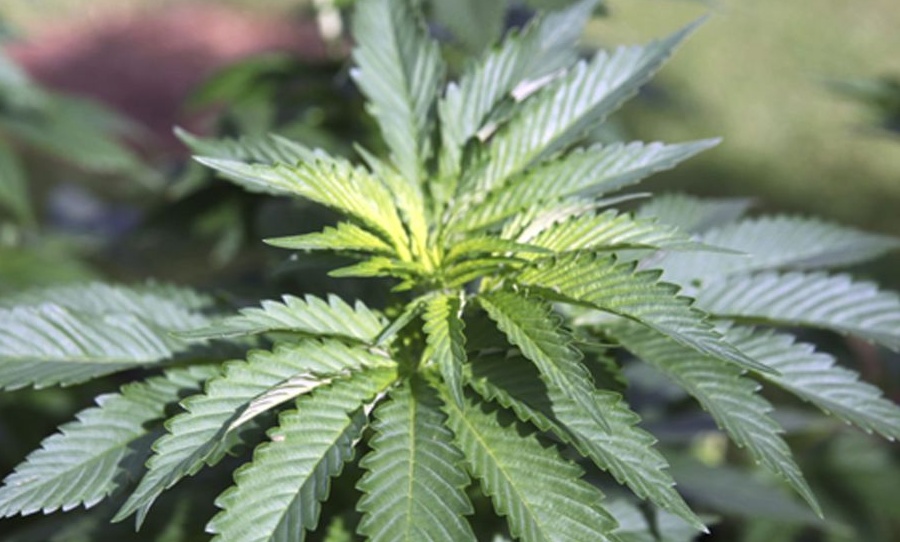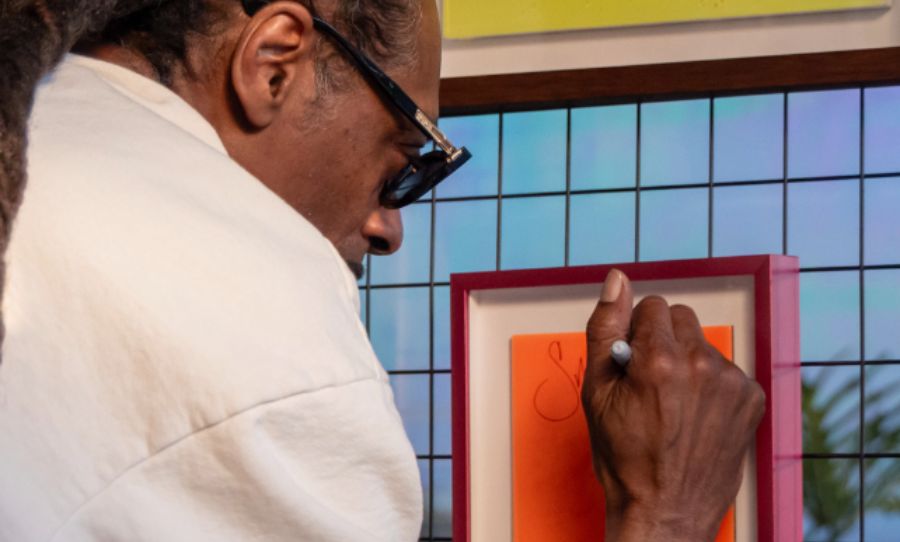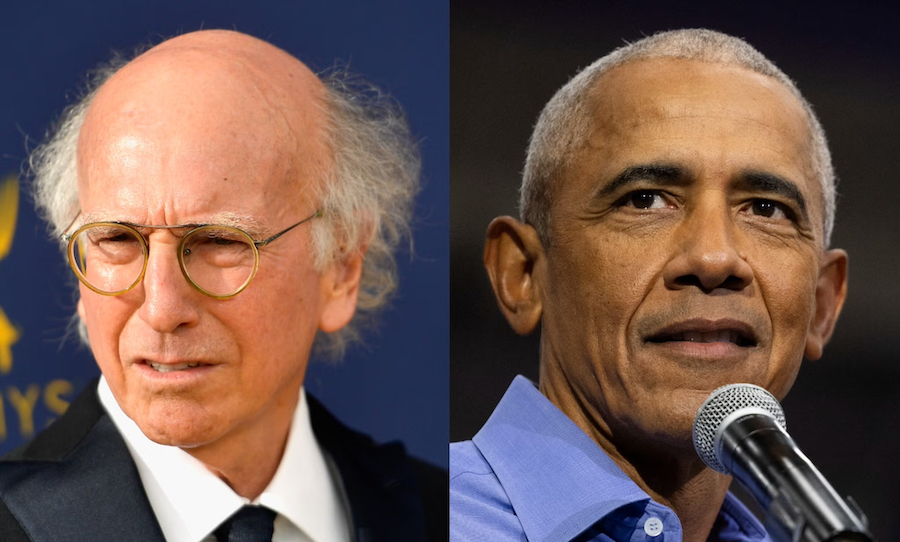Arizona and South Dakota are among the five states voting for the legalisation of medicinal or recreational use of cannabis.
The debate on the legalisation of cannabis has been raging on in the United States for years. Currently, 33 states have legalised the use of cannabis for medical use, with 11 of those also legalised for adult recreational use.
This November, another five states will be voting on the legality of cannabis use within their state. Let’s take a look at where they stand.

Arizona is yet to legalise recreational cannabis use, with 51.3% of voters saying no back in 2016. ‘Proposition 207’ would allow adults 21 years and older to possess, consume, and transfer up to one ounce (approx. 28 grams) of cannabis. This new proposition also incorporates social equity provisions and criminal justice reforms such as record expungement. Marijuana Business Daily has estimated that by 2024, recreational cannabis sales could total up to $760 million.
Legalize marijuana is on Arizona ballot Maybe this will help drive young voter turnout
— jerry stearns (@Mexilingus) September 12, 2020
Montana will have two cannabis initiatives on their ballots. Ballot issue I-190 would allow adults within the state to possess, buy, and consume cannabis for recreational use. Then, CI-118 would establish 21 as the legal age for purchase, possession, and consumption of cannabis.
If these initiatives were to pass, the state would impose a 20% tax on recreational marijuana. It would also allow those currently serving a prison sentence for cannabis-related acts to apply for resentencing or records expungement. According to a fiscal analysis, the state would expect sales to total near $193 million in 2025, which would result in $38.5 million in tax revenue.
I think Trump must be a little concerned that the following pro Republican states are voting on Marijuana legalization this fall including Arizona, Montana, Mississippi, and S Dakota since that tends to bring out more liberal vote.
— Screwed Husband (@Brantnicholas5) September 13, 2020
Meanwhile, in Mississippi, Initiative 65 resulted from a citizen petition which asked for physicians to recommend medicinal marijuana for patients of 22 qualifying conditions including cancer, multiple sclerosis, and post-traumatic stress disorder. This amendment would also allow cannabis to be taxed by 7%.
However, an alternate measure, Initiative 65A, is also on the table. This competing measure would require that all medical products are of pharmaceutical quality, limiting the use of medicinal marijuana to those who are terminally ill. Any future rules would be left up to the legislature.
The 2020 fight over medical marijuana in Mississippi has begun.
Rep. Trey Lamar, who’s sponsored alternative language proposal to go on November ballot, and Rep. Joel Bomgar, who sponsored the actual ballot initiative, are going at it. #msleg pic.twitter.com/nbgBXuW53e
— Adam Ganucheau (@GanucheauAdam) March 10, 2020
Governor of New Jersey, Phil Murphy, made a campaign promise to legalise marijuana when he was elected back in 2017, with his main motivation for overhauling the old drug laws being their disproportionate targetting of people of colour.
Legislative efforts, however, did not conjure enough support so they are now putting the measure before voters. ‘Public Question No. 1’ would legalise cannabis use for adults aged 21 and over. This would be regulated by the same commission that oversees medical cannabis businesses currently in New Jersey, and sales would incur a 6.625% tax.
Putting the ‘high’ in higher education! New Jersey college offers minor degree in marijuana studies pic.twitter.com/f3Mn4tMGl5
— FOX & friends (@foxandfriends) September 1, 2018
Finally, South Dakota is aiming to adopt both recreational and medicinal marijuana use at the same time. ‘Measure 26’ would establish a medical cannabis program and registration system for people suffering from qualifying conditions; ‘Amendment A’ would then legalise cannabis for recreational use for all adults. It would also require state legislators to adopt cannabis and hemp laws. The South Dakota Legislative Research Council has estimated that by the end of the 2024 fiscal year, Amendment A could result in $29.3 million just in tax revenue.
Yet, even with all that extra money none of us gets free healthcare. The least you can do is legalize marijuana. Think about the things you say because poverty is still very real in South Dakota. 👊🏻🐻
— GRIZZ Viollent (@GRIZZViollent) July 16, 2020



